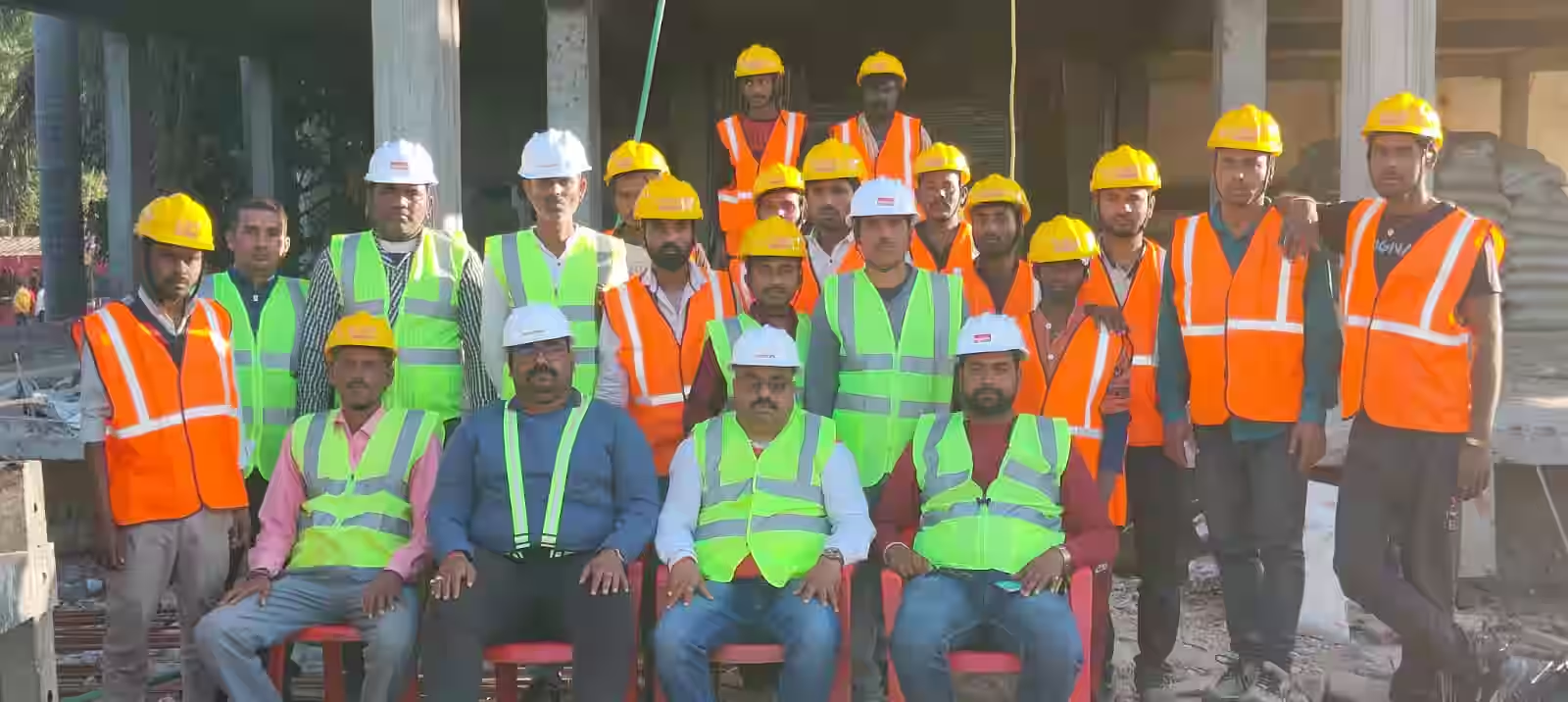Syllabus for Chhattisgarh Public Works Department Civil and Mechanical Technicians

Chhattisgarh Public Works Department Civil and Mechanical Technicians Syllabus
The comprehensive syllabus for Civil and Mechanical Technicians in the Chhattisgarh Public Works Department typically includes a mix of technical knowledge relevant to civil and mechanical engineering, along with general knowledge and safety practices. Here’s a detailed outline of the syllabus for each discipline:
1. Civil Engineering Technicians
a. Building Materials and Construction
Types of Building Materials:
- Properties and applications of cement, aggregates, bricks, stones, and timber.
Construction Techniques:
- Foundation types, masonry work, concrete preparation, and finishing techniques.
Building Codes and Standards:
- Relevant IS codes and quality standards for construction practices.
b. Surveying
Basic Surveying Techniques:
- Measurement of distances, angles, and levels using instruments like theodolites, levels, and total stations.
Advanced Surveying:
- Use of GPS, remote sensing, and photogrammetry for land surveying.
Survey Instruments:
- Operation and maintenance of surveying instruments.
c. Structural Engineering
Structural Analysis:
- Analysis of simple structures, beams, columns, and trusses.
Design Principles:
- Basics of designing structural components according to load requirements and safety standards.
Construction Drawings:
- Reading and interpreting structural drawings and blueprints.
d. Geotechnical Engineering
Soil Properties:
- Soil classification, compaction, permeability, and shear strength.
Foundation Design:
- Types of foundations, bearing capacity, and settlement analysis.
Retaining Structures:
- Design and analysis of retaining walls and other earth-retaining structures.
e. Environmental Engineering
Water Supply and Sanitation:
- Basics of water supply systems, sewage treatment, and waste management.
Environmental Impact:
- Understanding environmental impact assessments and mitigation measures.
f. Road and Transportation Engineering
Highway Engineering:
- Design and construction of roads and highways, including pavement design and traffic management.
Materials and Testing:
- Testing of road construction materials like bitumen, aggregates, and concrete.
2. Mechanical Engineering Technicians
a. Thermodynamics
Basic Concepts:
- Laws of thermodynamics, heat transfer methods, and thermodynamic cycles.
Heat Engines:
- Operation and efficiency of heat engines, boilers, and steam turbines.
b. Fluid Mechanics
Fluid Properties:
- Density, viscosity, and pressure of fluids.
Flow Analysis:
- Principles of fluid flow, including Bernoulli’s theorem and flow measurement techniques.
Hydraulic Systems:
- Design and maintenance of hydraulic systems and components.
c. Manufacturing Processes
Machining Techniques:
- Operation of lathes, milling machines, drills, and grinders.
Casting and Welding:
- Basics of casting methods, welding processes, and quality control.
Maintenance:
- Preventive and corrective maintenance practices for machinery.
d. Mechanical Design
Machine Elements:
- Design principles for gears, bearings, shafts, and couplings.
Stress Analysis:
- Analysis of stress and strain in mechanical components.
Engineering Drawings:
- Reading and interpreting mechanical drawings and specifications.
e. Power Plants and Energy Systems
Power Generation:
- Types of power plants (thermal, hydro, and renewable) and their operation.
Energy Efficiency:
- Techniques for improving energy efficiency in mechanical systems.
f. HVAC Systems
Heating, Ventilation, and Air Conditioning:
- Basics of HVAC system design, components, and operation.
System Maintenance:
- Troubleshooting and maintenance of HVAC systems.
3. General Knowledge and Current Affairs
a. General Awareness
Chhattisgarh State:
- Knowledge of the state’s history, geography, culture, and economy.
Indian Polity and Governance:
- Understanding of the Indian Constitution, governance structures, and public administration.
Current Affairs:
- Recent developments in national and international news, particularly in the fields of engineering and public works.
b. General Aptitude
Quantitative Aptitude:
- Arithmetic, algebra, geometry, and numerical reasoning.
Verbal Ability:
- English language skills, comprehension, grammar, and vocabulary.
Logical Reasoning:
- Problem-solving, data interpretation, and logical deductions.
4. Safety and Standards
a. Safety Practices
Workplace Safety:
- Safe working practices, use of personal protective equipment (PPE), and emergency procedures.
Construction Safety:
- Safety measures specific to construction sites and handling of heavy machinery.
b. Standards and Regulations
Building Codes:
- Relevant construction and safety codes and standards.
Maintenance Standards:
- Standards for maintenance practices and equipment safety.

0 Comments